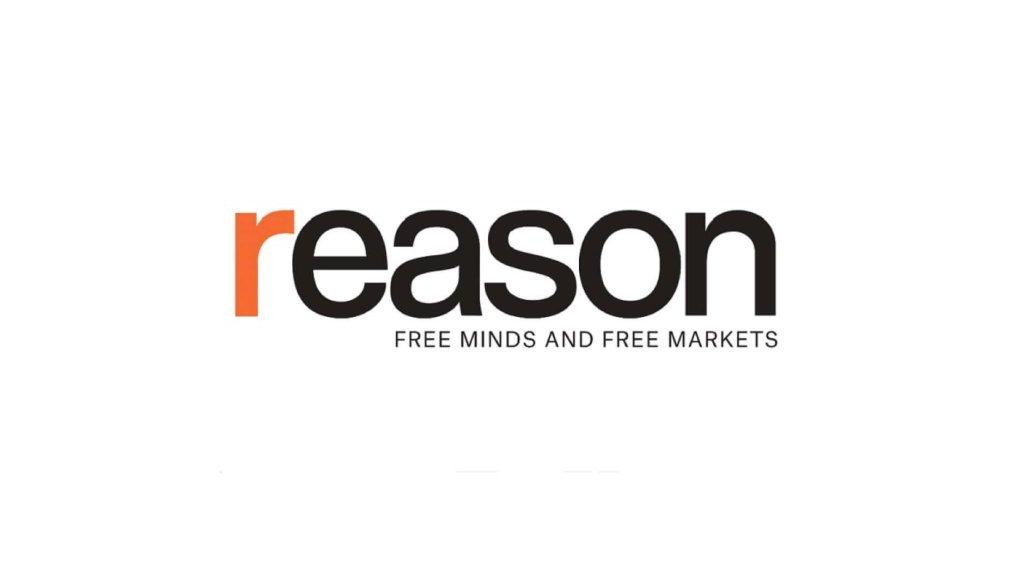The National Debt Just Hit $36 Trillion. Does Trump Have a Plan To Control It?
In last week’s elections, Americans rejected the status quo in the federal government and asked Republicans to once again take the reins.
On Friday, the Treasury Department issued another reminder about the cost of doing nothing to change course. The national debt hit $36 trillion—less than four months after surpassing the $35 trillion mark.
Evenly divided, that means every American is now six figures in the red, thanks to the decisions made in Washington, D.C., over the past few decades. The trajectory ahead looks no better. The federal government is on pace to run multitrillion-dollar deficits for the foreseeable future—and that’s the rosy scenario, which assumes no recessions, wars, pandemics, and the like. Measured against the size of the U.S. economy, the debt is approaching the record high set in the final year of World War II. The rising debt means higher annual interest payments that will complicate the federal budget, likely require higher taxes, and make everyone poorer.
There is plenty of blame for this mess. Yes, former President Donald Trump added $8 trillion to the debt during his four years in office. Yes, President Joe Biden has done nearly as much damage—despite a bunch of disingenuous and memory-holed talk about curbing deficits during his first two years.
What’s more important is what will happen next. The American people made a clear choice in the election. Trump and his fellow Republicans will have full control of the federal budget for at least the next two years. Can they break the recent trends and, at minimum, slow the growth of the national debt?
Skepticism is warranted. In recent history, divided government has been the only hope for spending restraint. Meanwhile, the promises Trump made on the campaign trail will translate into higher spending, larger deficits, and more debt, according to assessments by independent groups such as the Penn Wharton Budget Model. Trump dodged questions about the debt while campaigning and does not have a plan to cut spending, even though he’s promised lots of tax cuts (a recipe for higher deficits and more borrowing).
If Trump’s second term is to be less fiscally reckless th
Article from Reason.com

The Reason Magazine website is a go-to destination for libertarians seeking cogent analysis, investigative reporting, and thought-provoking commentary. Championing the principles of individual freedom, limited government, and free markets, the site offers a diverse range of articles, videos, and podcasts that challenge conventional wisdom and advocate for libertarian solutions. Whether you’re interested in politics, culture, or technology, Reason provides a unique lens that prioritizes liberty and rational discourse. It’s an essential resource for those who value critical thinking and nuanced debate in the pursuit of a freer society.




